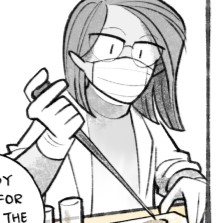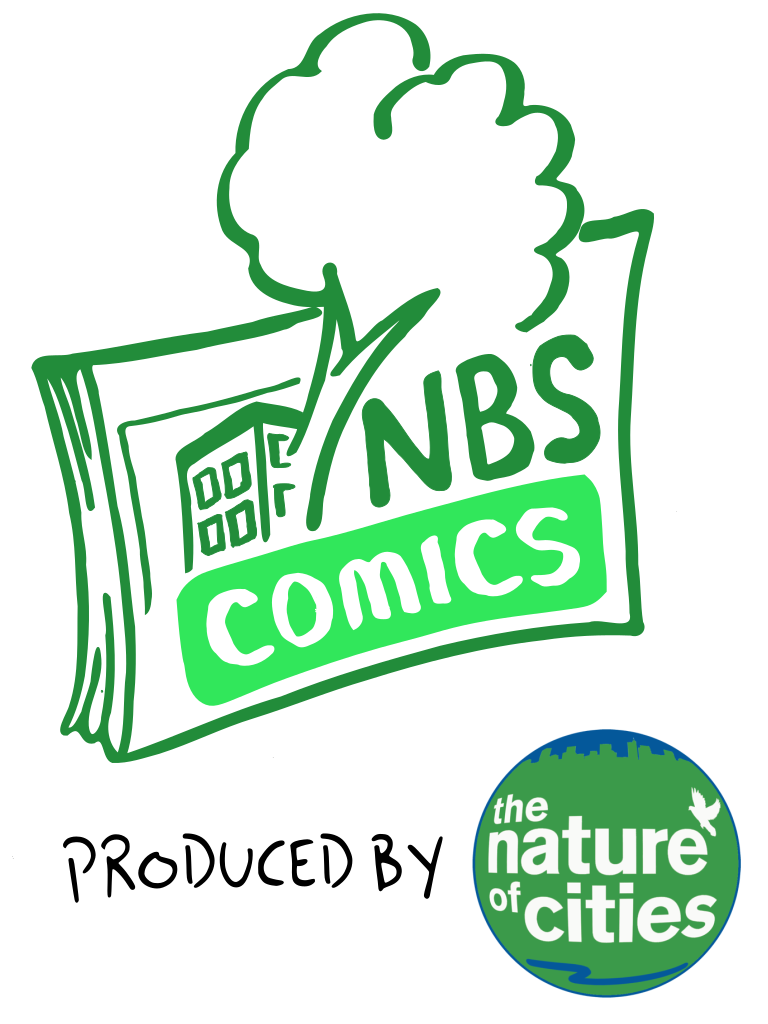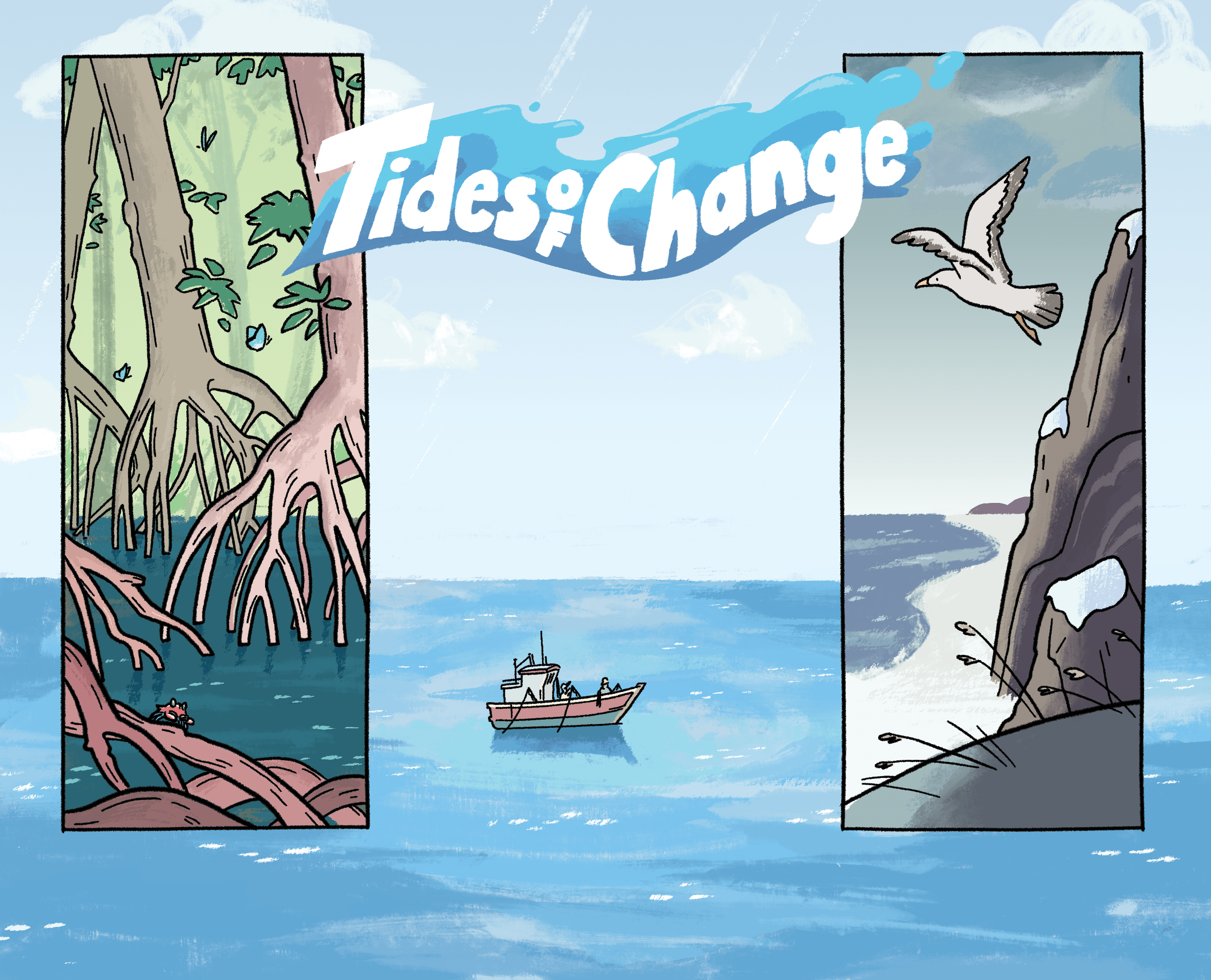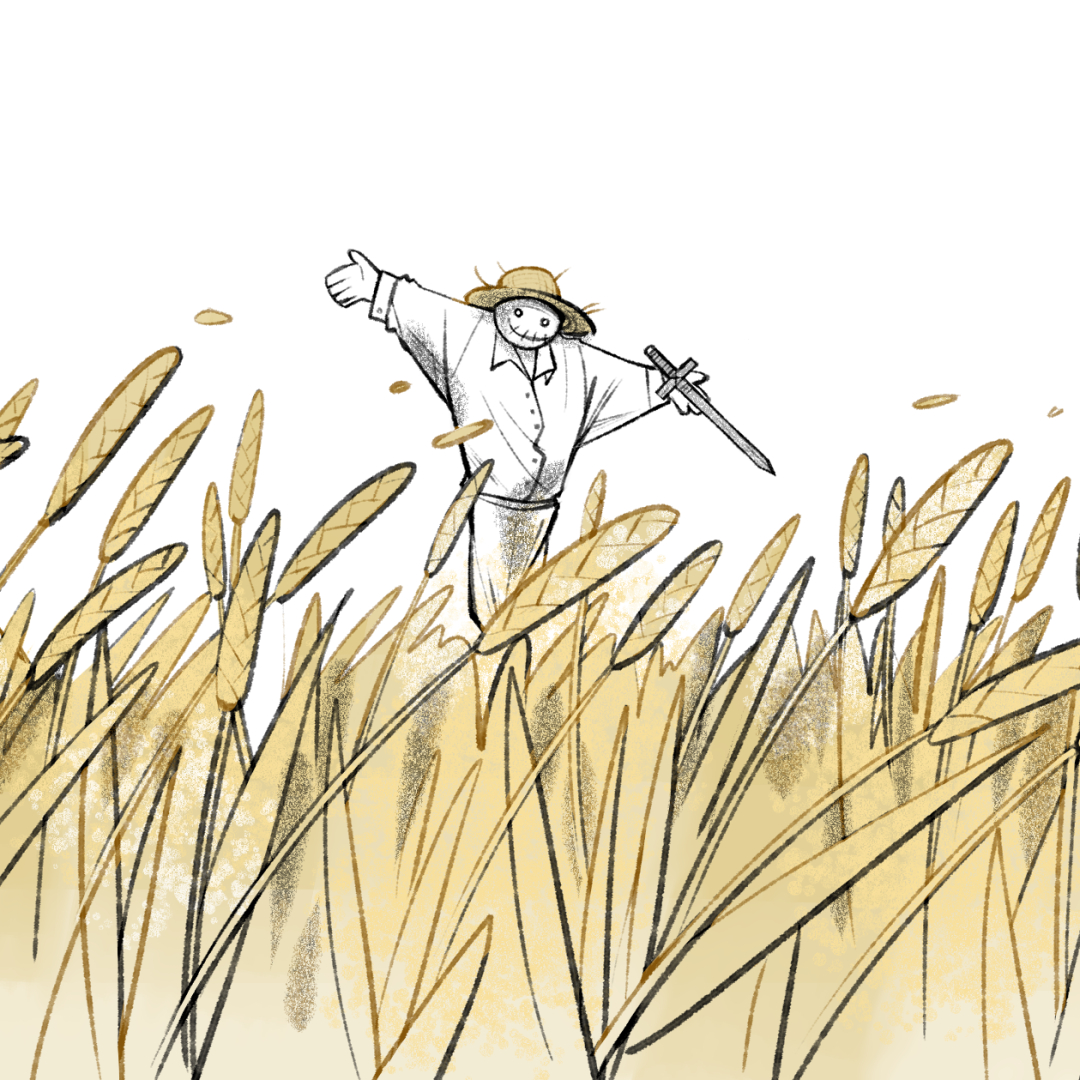The vision of MICROSERVICES is to understand and predict the impact of climate change on the crop-associated microbiome and its ecosystem functions in European wheat cropping systems. This international and multidisciplinary research project funded under the Horizon 2020 ERA-NET COFUND scheme BiodivERsA will target the following objectives:
- Provide scientific insights into future impacts of climate change on the crop microbiome and associated ecosystem services
- Promote political and public awareness of the importance of microbial diversity for sustainable agriculture
- Establish interactions between research institutions, agricultural stakeholders, and policymakers to influence policy agendas at the national and European level
Read more about the project here
IN THE COMIC >
In The Wheat Code, Elise enhances soil microbiomes to stabilize degraded lands as a way to mitigate the failing wheat crops on the farm. One way to assist in achieving these goals is to harness microbial functions, i.e., those that enhance crop growth, nutrient use efficiency, abiotic stress resilience, disease resistance, and greenhouse gas mitigation, into agricultural production, while progressively decreasing the amount of chemical external inputs such as fertilizers and pesticides.

Climate change exerts substantial pressure on Earth’s biodiversity and the multitude of ecosystem services it provides. This is particularly problematic for agroecosystems, where the accelerated pace of climate change combined with unsustainable land use directly threatens global food production. Political actions such as the Sustainable Development Goals and the Aichi Biodiversity Targets that aim at quantifying and mitigating the impact of climate change and unsustainable management on biodiversity are not on track to be achieved in the near future. The extent to which climate change affects the microbiome of the plant-soil nexus is unclear and remains underrepresented in ongoing debates about climate change, global biodiversity loss, and conservation policy.




